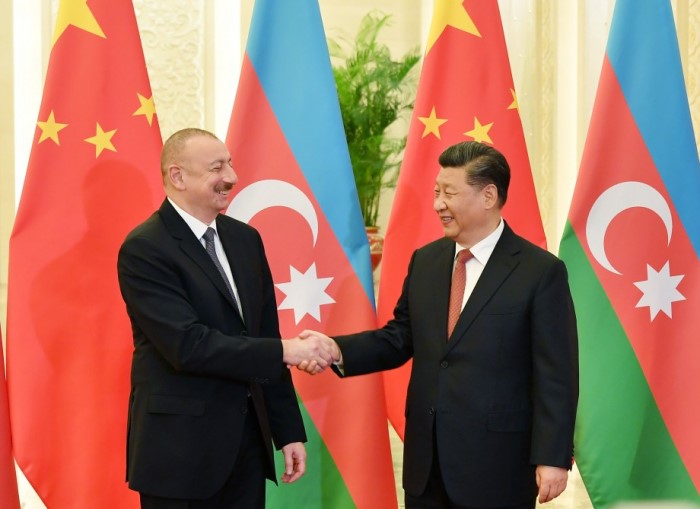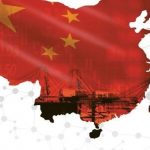CHINA MONITOR
Date: 2 March 2020
China in the Caucasus
Over the last several years, the People’s Republic of China has become the leading business partner for a great number of countries all over the world. The situation is similar in the case of the South Caucasus which may be a case study of the Chinese expansion. Even though China entered this region only after the collapse of the USSR in 1991, today, this state is especially significant to the economy of Georgia, Armenia and Azerbaijan.

The world started noticing Chinese expansion mainly during the last decade. PRC’s activities are usually connected with the Belt and Road Initiative announced in 2013, relating to the New Silk Road. However, the example of the South Caucasus shows that this is only a part of the whole. The Chinese money (and Chinese migrants) appeared there earlier, yet in the 2000s. What is important – the South Caucasus partners are enthusiastic about the activity of China and count on economic benefits from bilateral cooperation. Especially as China – due to its location – remain uninvolved in regional disputes sometimes handicapping businesses of particular entities.
For at least fifteen years, the Chinese have been improving their position in the Caucasus by investing, giving non-repayable loans and enhancing trade relations. The scale of the expansion is best depicted by numbers. In 2005, the balance of trade of the People’s Republic of China with Azerbaijan, Armenia and Georgia amounted to USD 273 mln, USD 74 mln and USD 52.4 mln, respectively. Now, it is USD 2.18 bln, USD 945 mln and USD 1.5 bln, respectively. Therefore, the total growth of turnover in the region during this period amounts to +1159%. And even though trade relations are characterised by a significant disproportion (import from China clearly outweighs the Caucasus’ export), such a high dynamics is still thought-provoking. Especially considering the fact that since 2018, between Georgia and the People’s Republic of China there is…a free-trade area.
Support Us
If content prepared by Warsaw Institute team is useful for you, please support our actions. Donations from private persons are necessary for the continuation of our mission.
Trade is accompanied by Chinese investments and soft power activities. The Chinese invest dozens or hundreds million dollars in various projects: the construction of a new district of Tbilisi (Tbilisi Sea New City), tyre factory and cement production plants in Azerbaijan or Georgian-Chinese start-up fund. Additionally, there are non-repayable grants and loans (only Armenians estimate such kind of support at USD 50 mln during the last 8 years) as well as promotion and cultural activities. For instance, in each of three states of the South Caucasus for a long time has operated the Confucius Institute – a flagship institution of the PRC realising tasks related to the Chinese soft power strategy. Moreover, there are language courses, scholarship programmes or cooperation between universities in the Caucasus and China. This all aims to create a positive image of the People’s Republic of China and to enhance business relations.
The primary motivation of China is certainly the transit location of the South Caucasus and, not least – a relatively close distance of the region to the European Union markets, but also to Turkey or Iran. However, it is necessary to stress that it does not mean that the Caucasus exclusively was chosen by the authorities in Beijing as the priority destination of the economic and business expansion. The fact that the Chinese are present in this region to such extent reflects their strategy: to be everywhere where it may bring benefits with time. Therefore, the fact that the PRC is enhancing its position in the Caucasus does not exclude the possibility that it does the same in many other places.
All texts published by the Warsaw Institute Foundation may be disseminated on the condition that their origin is credited. Images may not be used without permission.















